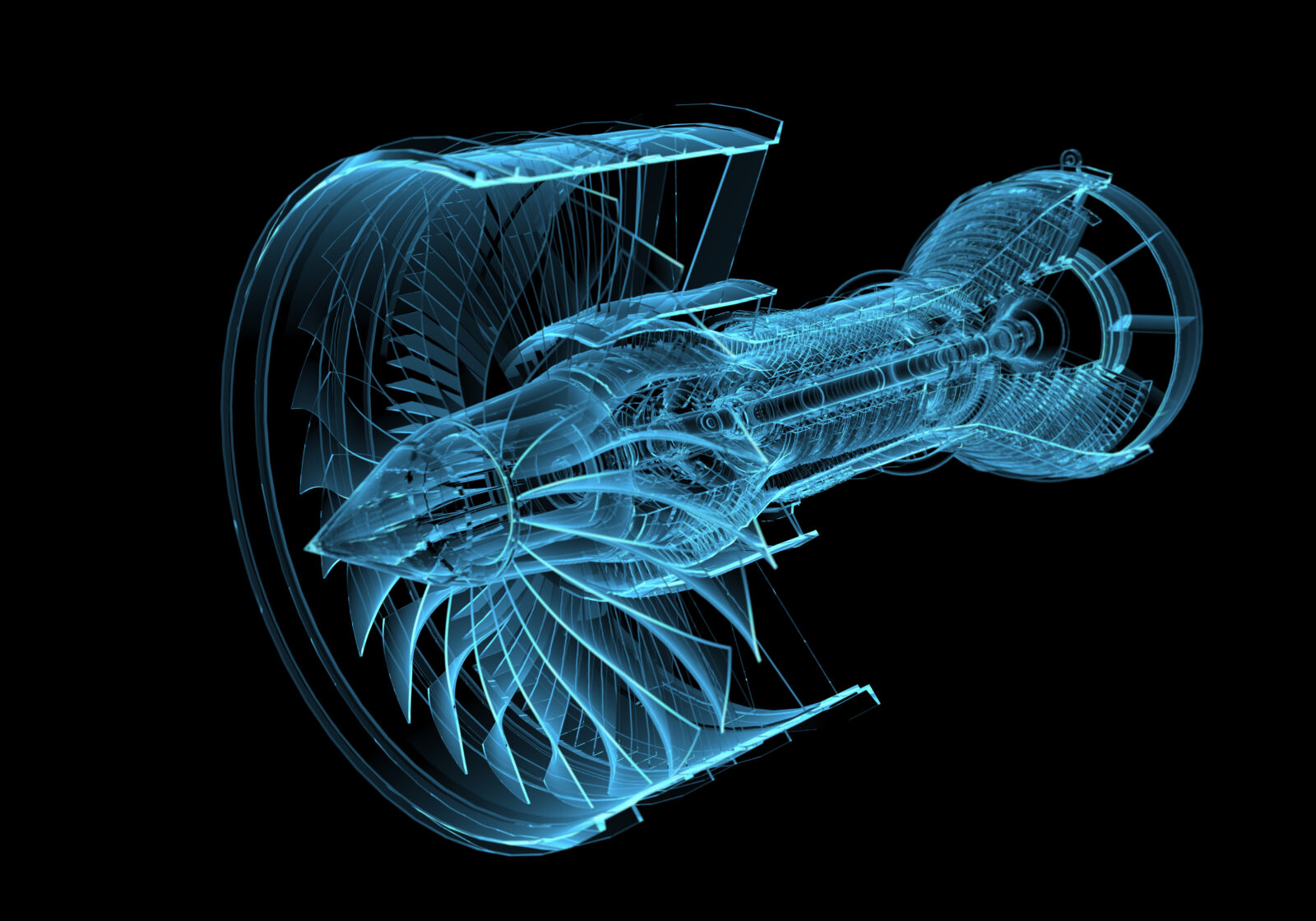Yes, a New Design-Based Paradigm is Emerging in Biology
On today’s ID the Future, physicist and engineer Brian Miller continues his two-part conversation with host Casey Luskin about an exciting paradigm emerging in biology wherein organisms and their parts are approached as near-optimally engineered systems. Under this framework, the scientist seeks to better understand biological structures in the same way one might try to unravel the workings of some unfamiliar advanced human technology one came across in a field.
This design-centric paradigm is reshaping multiple areas of biology. One involves our understanding of biological mutations. While some mutations are indeed random, as the neo-Darwinian paradigm assumes, some appear to be the product of what is known as preprogrammed phenotypic plasticity, as if a thoughtful designer had programmed various species with the ability to quickly evolve within limits in the face of changing environmental conditions. According to Miller there are many such examples of this phenomenon, including in cichlids and stickleback fish.
He argues that the new engineering-oriented paradigm fares better than modern evolutionary theory in making sense of the similarities and differences among various life forms on planet Earth (the field of systematics). And he says it’s proving fruitful in origin-of-life studies and astrobiology. To learn more tune in to this episode and check out Miller’s chapter in the new open-access book from AOSIS Press, Science and Faith in Dialogue.
